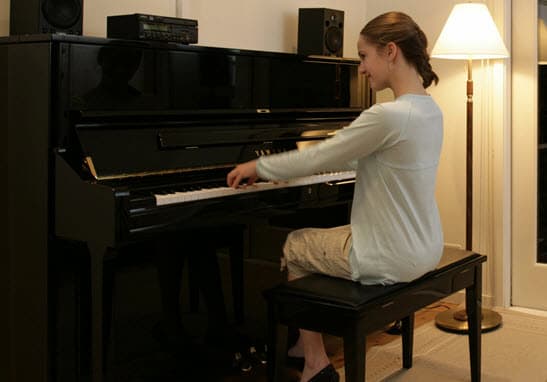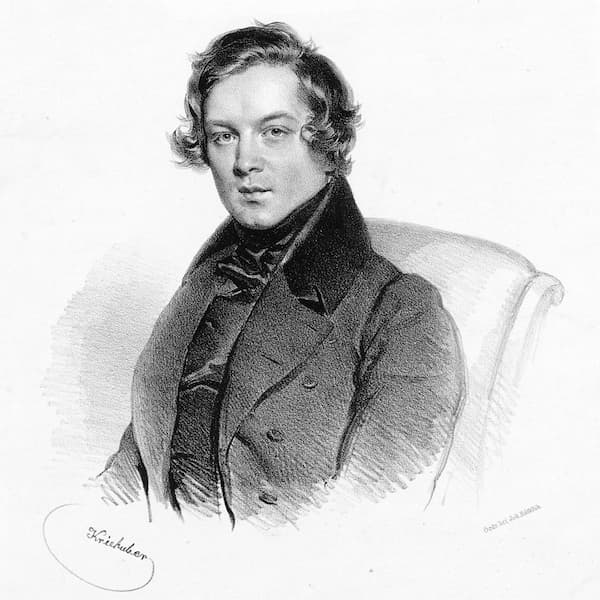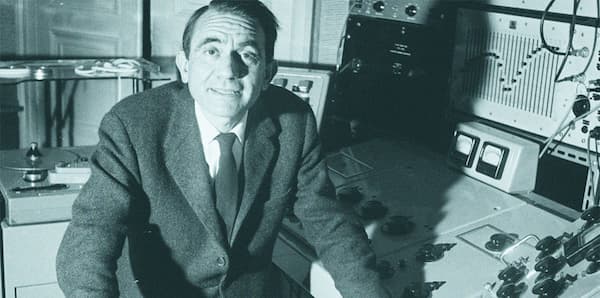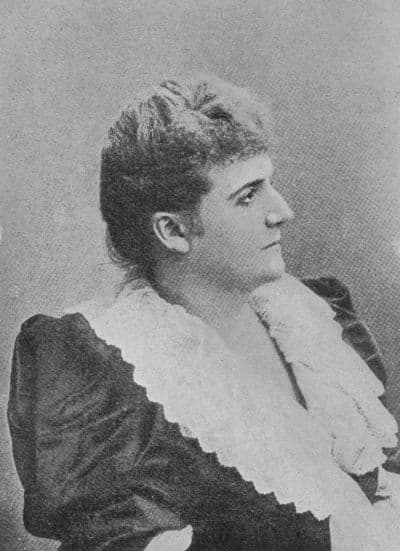I came across this phrase on Twitter, to describe doing short bursts of practicing, rather than long stretches. This may seem counter-intuitive: surely we should be practicing for long stretches of time to see noticeable progress?
It’s a myth, which unfortunately persists, that professional pianists do hours and hours of practicing, cloistered in solitude with just the instrument and scores for company. In reality, many of the professional pianists I know personally or have interviewed acknowledge that after about 45-60 minutes the law of diminishing returns starts to kick in, one’s concentration and energy starts to flag, and it’s time to take a break.

Practicing the piano requires commitment and consistency, but many people, especially amateur pianists and children, may feel overwhelmed by the prospect of long practice sessions; this can be demotivating too.
Time is an important factor for the busy professional, amateur pianists who need to fit practicing into the realities of daily life, and children. While it may be tempting to cram in hours of practice at a time, small amounts of regular practice can be much more beneficial in the long run.
Enter the notion of ‘practice snacking’.
When I taught piano, mostly to children and teenagers, the hardest aspect of the job was encouraging them to do their practicing. 30 minutes can seem A Very Long Time to a young child or a teenager who wants to be hanging out with friends rather than with Chopin and Co. I often pointed out to my students that 3 slots of 10 minutes each adds up to 30 minutes, and that it is possible to do very useful work in just 10 minutes.
I didn’t confine this advice only to my students. I applied it to myself, because when I was working towards my performance diplomas, I was having to fit in my practicing around my teaching and other work, and I became adept at practice snacking. Doing small amounts of practice allowed me to focus more intensely on specific aspects of the pieces I was studying.

A “little and often”, snacking approach to practice can be extremely beneficial. It is a truth universally acknowledged that consistency and quality of practice wins over quantity. Mindlessly hacking away at that Etude for 2 hours is not only boring, but is largely wasted time. It’s far better to take a focussed approach, to know exactly what needs to be practiced – perhaps that tricky arpeggiated passage or the left-hand accompaniment – and to break down the practicing into manageable, ‘snackable’ sections. Focusing on specific areas during shorter practice sessions can help you to identify and address any problem areas. When you only have a short amount of time, you are forced to be more efficient and targeted in your practice. You can work on a specific passage, technique, or even just one hand at a time, and really work at improving it. Additionally, breaking down more complex pieces into smaller, more manageable segments can make learning them feel less daunting. Keep a regular note of what needs work and know exactly what you want to do/achieve at each practice session.
Claude Debussy: 12 Etudes – No. 6 Pour les huit doigts (Noriko Ogawa, piano)
One of the most significant advantages of doing small amounts of piano practice like this is that it helps build consistency. Consistency is key when it comes to learning a new skill and by committing to a few minutes of practice every day, you are more likely to build the habit of practicing regularly. Regular, ‘practice snacks’ can help you build good habits, routine and discipline. It’s much easier to commit to practicing for 15-20 minutes a day than it is to find hours at a time to dedicate to the piano. By making a habit of practicing every day, even for a short amount of time, you are actually setting yourself up for success in the long run; over time, this consistency will result in noticeable progress.
Franz Liszt: 12 Études d’exécution transcendante, S139/R2b – No. 12 in B-Flat Minor, “Chasse-neige” (Alim Beisembayev, piano)
Small amounts of piano practice can also help you avoid burnout and fatigue. Practicing for hours at a time can be mentally and physically exhausting, leading to frustration and even injury. By breaking up your practice into smaller chunks, you give yourself time to rest and recover in between sessions. This can help you stay motivated and engaged with the piano over a longer period of time.
Nutritionists tell us that snacking can be bad for us, but in the case of piano practice, it’s definitely beneficial!
For more of the best in classical music, sign up to our E-Newsletter



